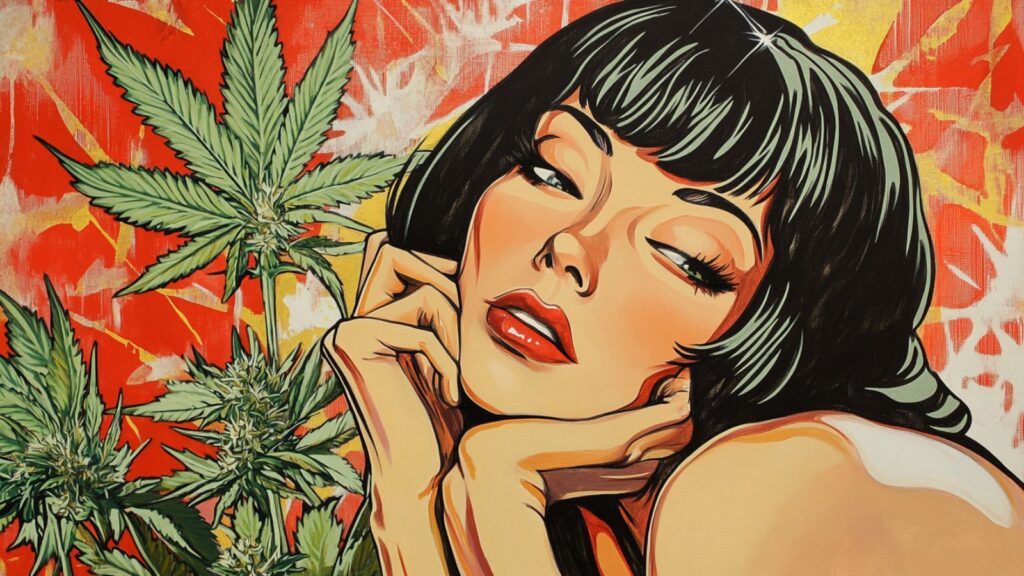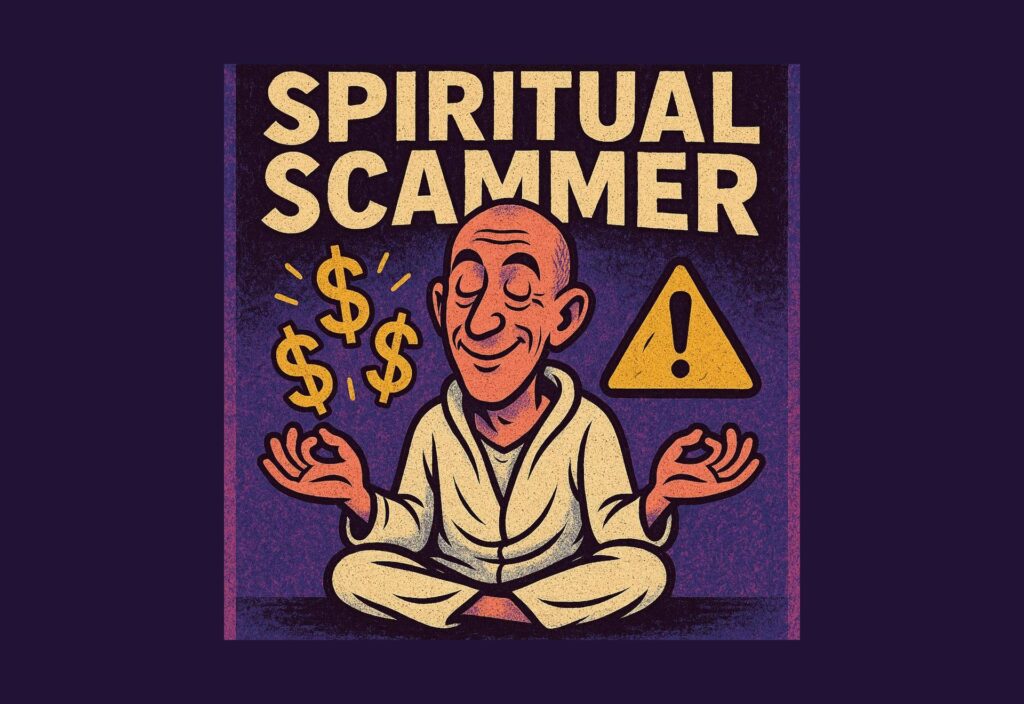God is true.
The universe is a dream. –Vivekananda
Row,row, row your boat Gently down the stream.
Merrily,merrily, merrily, merrily Life is but a dream. –Anonymous
1. Doubt
For
many people, the idea that all of life is One causes a sense of resonance
inside, a sense of rightness. But maybe that's all there is: a neurosis, not a
stirring of truth or consciousness.
The very notion of nonduality seems old to me, as if I knew it even
before I had heard about it,
twenty years ago now, sitting in a class: tat tvam asi, you are
that. It hit me then, it hits me
now. I've met people who are hit
even harder than me, people who eventually lose the sense of separate self. They become utterly,
totally, without a doubt convinced that the mind-body process which, for most
of us, dictates our wants, needs, joys, pains — that this is merely a
phenomenon. For them, reality is
"perfect brilliant stillness" (Carse). All words are just words, and
thus misleading, but also somehow gesturing toward the truth that this is all a
dream.
But
what if this ontological sense is just a feeling, just a neuron firing (or
misfiring) in a mechanistic brain? To some, whether nonduality is the real or
not perhaps doesn't matter. The
sages function fully in the normal world; they eat, love, make love, work. They are not in asylums. And, they do not suffer. So, if they are deluded, is this not a
desirable delusion? Of course, if
this is delusion, then the very word "holy" must be delusion. And God… an even coarser projection of
desire. And, for that matter,
love, and the rest of the values we intuit from the movements of the soul. Suppose it's all a sham! Well, suppose it is. Look what happens:
as soon as the sham is seen, and the pretension is relinquished –
"progress" is made, because it's progress away from aggrandizement,
away from being right or being enlightened or being anything at all. And toward: nothing. Don't know, got no idea, have no
business talking about it, writing about it, teaching, who would know anyway,
just the knowing which isn't knowing.
The more belief systems are questioned, the better! As Chogyam Trungpa Rinpoche is reported
to have said, "disappointment will become your greatest ally." If you're still hoping for nonduality
to cohere, to make your life better, to make you happier, you're still clinging
to some form of what Trungpa called spiritual materialism, the attempt to
acquire something or gain something through spiritual practice. Better for it all to be for
nought. Surrender even the hope of
progress, and progress will happen on its own.
2. Fear
But
what about the other extreme — not that nonduality is a dream, but that
everything else is? Does
nonduality necessitate the view that "this is but a dream" and, thus,
a rupture between before enlightenment and afterward? Most Nondual Jews have a more gradualist approach; like some
Tantrics, they say you can have it both ways, living in both yesh and
ayin. Most Advaitins say you
can't. Maybe it's a question of
lifestyle: how invested you want to be in this world.
In
the West, nondualists tended to be more normative, more world-maintaining. Hasidim speak of ratzo v'shov,
"running and returning," of an oscillation between mochin d'gadlut,
when all is seen from God's point of view and when there is absolutely no
difference between pre-creation and post-, and mochin d'katnut, the rest
of the time, in which we are in relative mind and striving to be ethical and
happy human beings. Perhaps this
lessens the fear somewhat; you can have your cake and eat it too, your
nonexistence and your apartment.
For
traditional Advaita, and especially its modern expositors such as Nisargadatta,
his student Ramesh Balsekar, and Westerners such as Wei Wu Wei, Tony Parsons,
David Carse, Jeff Foster, and others, though, that tentativeness is just the
last gasp of the ego. Most
Advaitin sources suggest that once liberation happens, enlightened
consciousness never again confuses itself with the apparent small self. Who's right? I don't know!
Personally,
the notion that "this is but a dream" resonates with something
inside. And that awakens
fear. I feel unready. From this side of the enlightenment
divide, it seems impossible to distinguish between the enlightened and
madness. Perhaps
"ego-death" is really a psychotic event. I know people whose consciousness is enlightened, who
understand that enlightenment in the stark, before-and-after-sense, and who
live happy, full lives in the world.
Most are in helping professions — doctors, teachers — suggesting that,
indeed, compassion wins out over the ego's desire for more. Some are kind, others are not. They are not insane, and in fact, not
as crazy as garden-variety "spiritual" folk often are. And yet, the fear is there. Perhaps it
is indeed the ego fighting for itself.
Maybe enlightenment truly does disrupt the patterns of ego, and so the
ego reacts with fear.
Certainly,
when there seems to be seeing from the other side, once-cherished and
yearned-for objects on this side seem a little laughable. Leering beautiful boys, the charade of
politics and power, status. What,
then, of the worldly dreams I have cherished since youth? The ego must sense this danger to the
status quo of appearance, which this mind-body loves, at times.
3. Ignorance
So,
two poles. Perhaps the notion of
nonduality is just an ego wanting to be happy, finding a brain buzz that makes
it feel happy, going for it, then reifying it. But then, didn't we just see a moment ago that nonduality
destroys the ego, and the ego fears it? The ego just wants to be happy;
nonduality is more than that. The
fear now is perversely attractive, as proof: "I'm not doing it to feel
good; it's traumatic, it's devastating." Maybe the both-and view, the
Tantric view, the nondual Jewish view, is too comforting. You don't have to give anything up,
don't have to make a choice. You
can be enlightened and in the world.
Maybe this is the ego making a desperate last stand to save itself. Once during a shamanic ceremony, I had
a death experience; moving toward the light, being drawn to it. I felt pulled back by my love for my
partner, my youth, my desire to create in the world. "Not yet," I thought. Now, with that relationship over and with more sadness and
less desire, I feel less pulled
back. Am I being prepared for a
greater divestment? Or is that,
too, an ego story, a narrative that gives a sense of meaning and importance to
what is merely unfortunate, or random?
Once
the door to both-and is opened, the ego is quite good at forgetting the ayin,
at perpetuating itself, distracting itself, finding other thought-forms to
immerse itself in; entire discourses, really, which utterly take over the
mind. Who has time for nonduality
when discussing constructions of religion and sexuality in American political
discourse (that's my latest book topic)?
What is the relevance of the "dream" when there are logistics
to take care of, the "real world," and relatives and friends pursuing
lives of relationship and community, which all this seems apart from? Is the clinging to conventional reality
fear, or sanity? Is it keeping us
grounded or holding us back? Is it
the nondual embrace of essence and manifestation, or is it indecision, the
terror of letting go? I can't say.
But
at least, if you doubt, doubt everything.
Look into the eyes of the Dalai Lama, and doubt that he knows anything
more than the most crass of pop stars.
Look into the eyes of generations of enlightened beings beyond him,
sages, rabbis, and find their gazes, and suppose that they are all
deluded. Keep doubting
though. If doubt is be truthful,
it must never make an assertion, even a negative one. It must undermine its own foundations. It must not be a prop of the ego, for
the ego too must be doubted. Doubt
it all: God, no God, Big Mind, existence, love, money, self, non-self,
everything. Do not retain
anything: not comparing oneself to others, not the hope that life itself is
worthwhile, not the merest iota of value.
And in this doubting, in this rigorous, thoroughgoing rejection of every
possible meaning, in this burning away of significance, lies the ultimate
defeat of the self, the ultimate victory of what transcends it, the triumph of
surrender. I don't know; I don't
know; I don't know. I can't say, I
can't tell you, I have no idea.
And when the failure is utter, what's left is the real. Who knows? Yes, Who knows.
Image by ZeroOne, courtesy of Creative Commons license.















